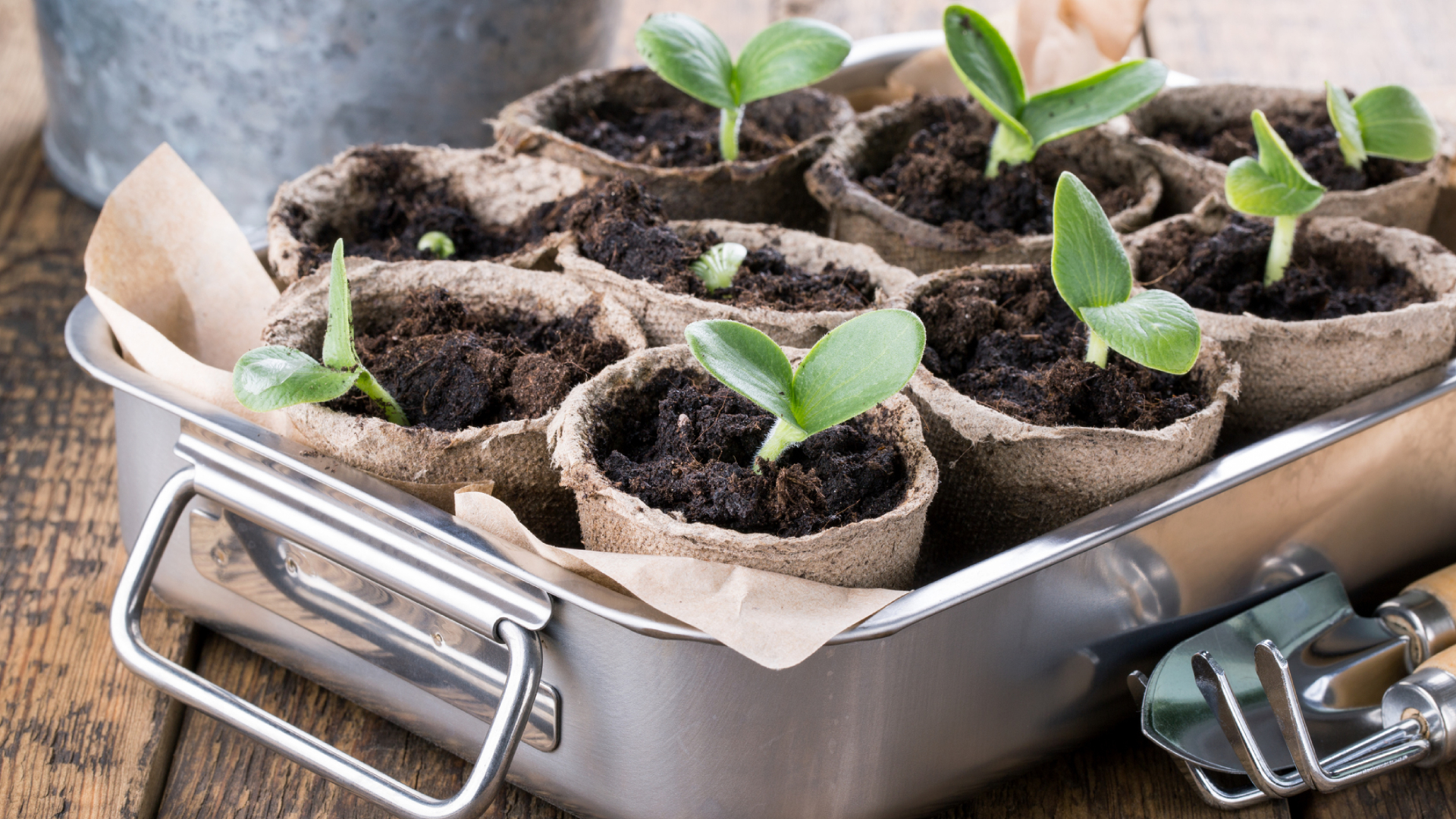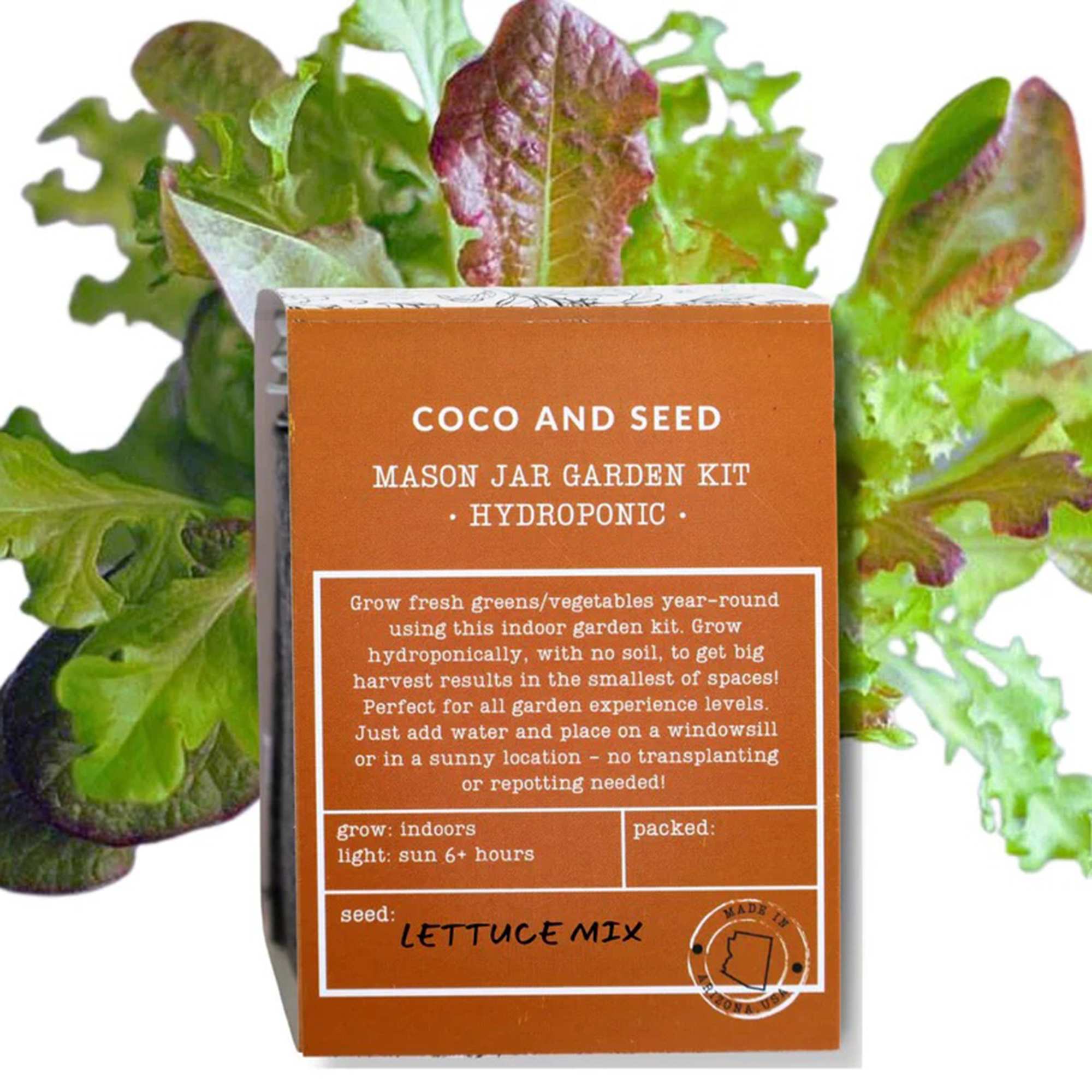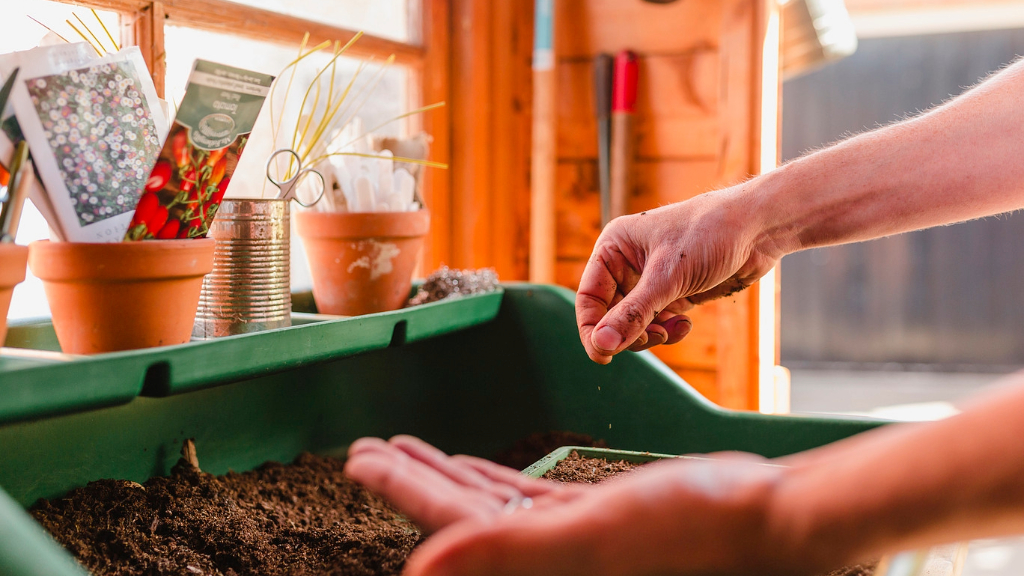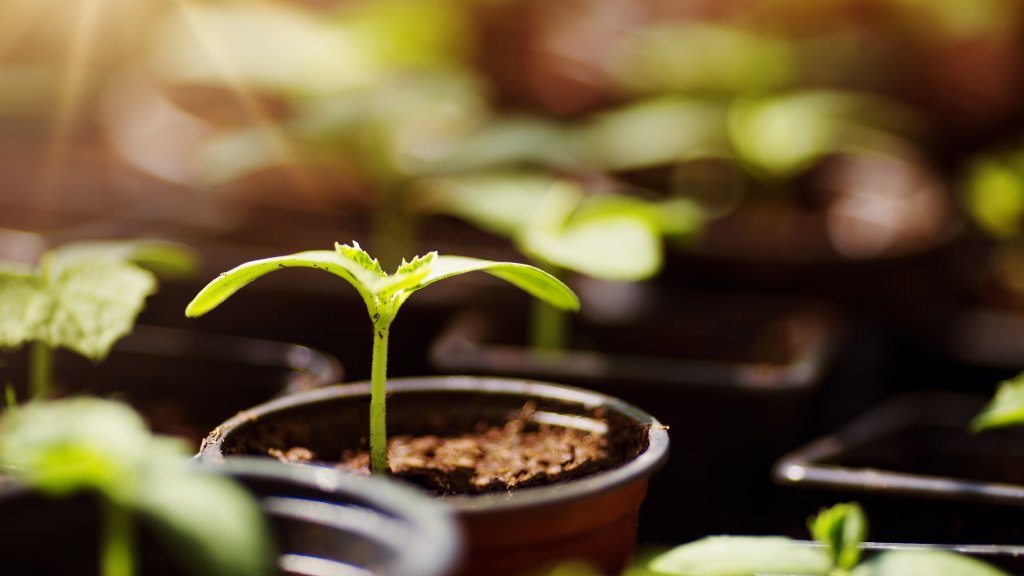When To Start Planting Seeds For A Head Start On Your Garden
When to start planting seeds depends on a few factors, like where you live and what you want to grow. Here's how to determine the best time to start seeds for your garden.


Learning when to start planting seeds can give you a serious leg up on spring gardening. Determining the best time to start planting is one of secrets of seed starting and one of the most important lessons new gardeners must learn.
There are two main factors you need to consider when figuring out when to plant seeds. The first is your planting zone, which depends on how cold your local area gets in winter. The other is what you want to grow. Gardeners need to start different seeds at different times, depending on the plant.
Planting certain types of seeds too early or too late for either your growing zone or the type of plant will impact the success of your garden. Let's take a look at both of these issues in detail to help you get your seeds off to a perfectly-timed start.

Choose from innovative growing kits and seed-starting bundles, or pick from our expertly selected flower, vegetable, and herb seeds.
Seed Starting Basics
Many plants prefer early planting indoors. These include summer crops or plants that require a long growing season. Start seeds inside and let them grow until they are ready for transplant out in the garden. Other plants, like early fall crops, prefer direct sowing outside.
One of the benefits of seed starting indoors is that seeds sown indoors typically grow faster and produce earlier than direct-sown plants. Planting seeds indoors extends the growing season. So if you have a good place to start seeds indoors, give it a try.

When to Start Seeds Based on Planting Zone
When working with vegetable seeds, when to plant is dependent on the time it takes each plant to reach maturity and the length of the growing season in your USDA Planting Zone. But as a general rule of thumb, you should start most seeds four to six weeks before your last frost date.
To figure out when to plant seeds for spring, first determine your last frost date. Then subtract the days to transplant from that date. Not sure where to find the days to transplant? It's usually listed in the information on the seed packet.
Gardening tips, videos, info and more delivered right to your inbox!
Sign up for the Gardening Know How newsletter today and receive a free copy of our e-book "How to Grow Delicious Tomatoes".
The best time to start seeds indoors is typically late March through late May. If you live in a warmer growing zone, though, when to plant seeds may be earlier for you.
When to Start Seeds for Different Plants
Cold weather crops like broccoli, cabbage, cauliflower, and lettuce need an early start. Sow these seeds indoors about ten weeks before the last frost date.
Summer crops such as tomato, peppers, and eggplant require seven weeks. Start seeds for cucumbers, squash, and melons four weeks ahead of the last frost.
Tips for Planting Seeds Indoors
To germinate seeds at home, use a quality seed starting mix. Any container with good drainage will work, but even a plant flat is fine since seedlings don't need much root space. Sow the seeds according to the planting depth recommended on the seed packet. Some seeds require just a dusting of soil, while others need more coverage.
After planting, put the containers in a warm location. Seeds for most summer crops need temperatures around 60 degrees F. (16 C.) to germinate, but cold weather crops usually need less heat. After seeds germinate, move the containers to a sunny area—one of the best places to start seeds indoors.

Once they grow their first few sets of true leaves, harden off seedlings. This means gradually acclimating the new plants to outdoor conditions for longer and longer periods of time. This reduces shock and ensures healthy transplants. Once they are acclimated, seedlings are ready to transplant outdoors.
Want to learn how to start seeds like a pro? Check out our Seed Starting Workshop over on the GKH Learning Channel.

Bonnie Grant is a professional landscaper with a Certification in Urban Gardening. She has been gardening and writing for 15 years. A former professional chef, she has a passion for edible landscaping.
- Laura WaltersContent Editor
- Geoffrey JohnsonContent Contributor and Seeds Expert